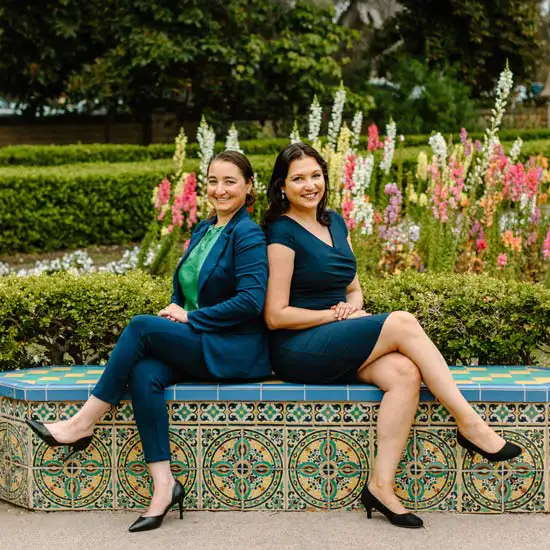Family Court Services Mediation (FCS), Child Custody Recommending Counseling (CCRC), or Confidential Mediation (Tier 1-3) are various terms used by California county courts for required or court-ordered Child Custody Mediation under California Family Code Section 3170.
In all cases where initial or modified custody is at issue, the court will send the parents to FCS mediation before ruling on the case at no cost to the parties. The mediation is conducted by an FCS mediator, who is a court employee. The purpose of the mediation is for the parties to develop a parenting plan that is in the best interest of their child(ren) with the assistance of an FCS counselor.
Some counties permit private mediation instead of court-offered mediation upon the parties’ agreement. Private mediation can vary in cost but may be more comprehensive and customized to the parents’ needs. Private mediators may consider more evidence and talk to more witnesses than the FCS mediator. Processes and procedures vary by county, but there are some general concepts.
Court-ordered Mediation for Child Custody Cases
Only Regarding Custody
The purpose of the mediation is to address custody only. The mediator will not assist with money, child support, spousal support, or property issues. They also cannot enforce court orders.
Recommending vs. Non-Recommending Counties
There are two main formats for FCS mediation: 1) Recommending Mediation and 2) Non-Recommending Mediation. If the parties reach a full agreement, both formats will prepare the agreement for the parties to sign and send it to the court.
The difference lies in the case of no agreement. In a recommending mediation county, the mediator uses the information provided by parents and other sources to prepare a report and custody recommendation. This report is sent to the judge for review and potential order. In a non-recommending mediation county, the mediator typically only informs the court who attended mediation and that no agreement was reached.
The agreements or recommendations do not become orders until the judge signs off. Parents and guardians should be aware that anything they say in this mediation session is not confidential, and the mediators are mandatory reporters for child abuse.
FCS Mediation Forms
Each county varies on what documents are needed before FCS mediation. Most counties have a screening form to collect contact information and a data sheet for case details. Check your local county for specific required forms.
They may also have an online orientation video for you to review before the mediation date. Some orientation videos require you to complete a certificate at the end to provide to the court as proof of viewing.
Some California courts allow outside documents from counsel, but most courts only permit the parents’ statements to the mediator.
Domestic Violence Between the Parties
In cases of abuse, the parties still need to meet with the mediator to discuss custody. However, the court has policies in place to protect the parties.
If a restraining order protects a person against the other person or alleges domestic violence, they may be interviewed separately. However, timely compliance with local forms is necessary for this request, or the mediator may be unable to set up separate sessions in advance.
Sanctions for Failure to Appear
If you fail to appear for mediation, the court can order you to pay a monetary sanction of up to $1,500 per California Code of Civil Procedure (CCP) 177.5. The court has discretion not to order sanctions for good cause. This includes sickness or injury. The parents must still attend FCS mediation before making custody orders. The court may continue the hearing to allow time for mediation.
Child Attendance
The parties’ children do not attend the mediation session with their parents. If the court orders the child to be interviewed or at the mediator’s discretion, the child may be interviewed. However, the children will have a scheduled time at a later date to meet with the mediator.
Do you need assistance preparing for your upcoming mediation? If so, please contact BSS Legal to schedule a consultation.

